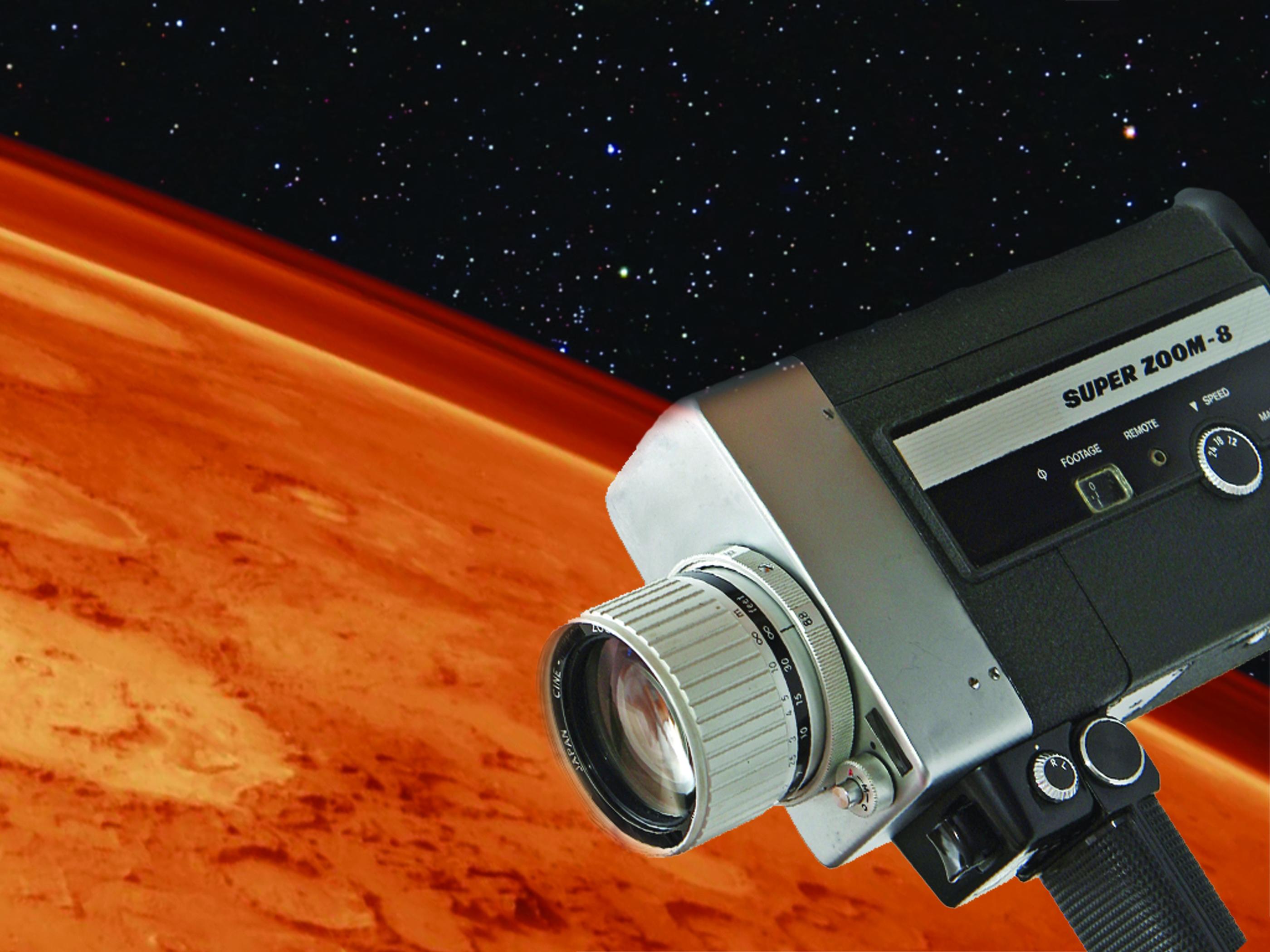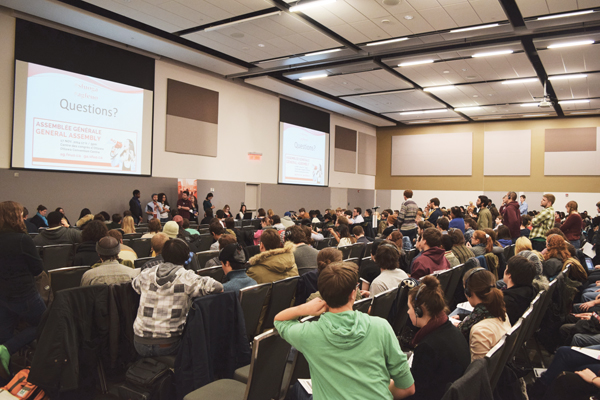Organization intends to create permanent human settlement on red planet
Dexter Jagula is one of the hundreds of thousands of people who have recently applied to join the first one-way trip to Mars.
The voyage is sponsored by an international non-profit organization called Mars One, established in 2011 with the intention of creating a permanent human settlement on the red planet. Starting in 2016, eight robotic cargo missions with more than 44,000 pounds of supplies will be sent to Mars to create the settlement for the astronauts when they arrive in 2023.
“Ever since I’ve been a little kid I always wanted to be an astronaut,” Jagula said in his online video application, “and since the Moon is already discovered and conquered, Mars is the next best option.”
Jagula graduated from the University of Ottawa with a degree in software engineering with a concentration in telecommunications and networking before receiving a master’s in space studies from the International Space University in Illkirch, France. He worked at the Institute of Robotics and Mechatronics at the German Aerospace Centre with their Institute of Robotics and Mechatronics, along with many other Canadian and international companies, before Thoughtcorp hired him as a technical consultant specializing in software development and business intelligence in 2010.
Mars One created a four-round application process to select the best representatives in the world. Round one, the current round, involves uploading a video application to the Mars One website, where visitors can vote on applicants. A team of experts will vote on who moves to round two, which requires those chosen to receive a report of good health and undergo an interview with experts.
Round three will be broadcasted internationally on TV and the Internet. Twenty to 40 applicants from a set region will participate in challenges to determine their suitability. Viewers will vote for one applicant from each region and Mars One will select additional contestants. Round four will have the applicants split into groups of four to undergo preparation exercises that will also be broadcast until four groups are selected.
The requirements to apply for an astronaut position are to be a minimum of 18 years old and “have purpose, willingness to build and maintain healthy relationships, self-reflection, trust, and must be resilient, adaptable, curious, creative, and resourceful,” according to a Mars One media release.
Applicants do not need to have a science or space-related background; if selected, they will undergo eight years of training to give them the skills they need to survive on Mars.
Jagula said his technical skills, his different perspectives on life due to his artistic side, and his adaptable and diverse personality will be enough to send him to the red planet.
“It’s captured my imagination,” Jagula said. “I think it will be fascinating to discover.”
Mars One’s mission statement assures that human colonization on Mars will “bring humanity closer together, aid with understanding the origins of life and the universe, and inspire generations to believe anything can be achieved.”
Jagula certainly believes, and is currently awaiting the results of the poll.





